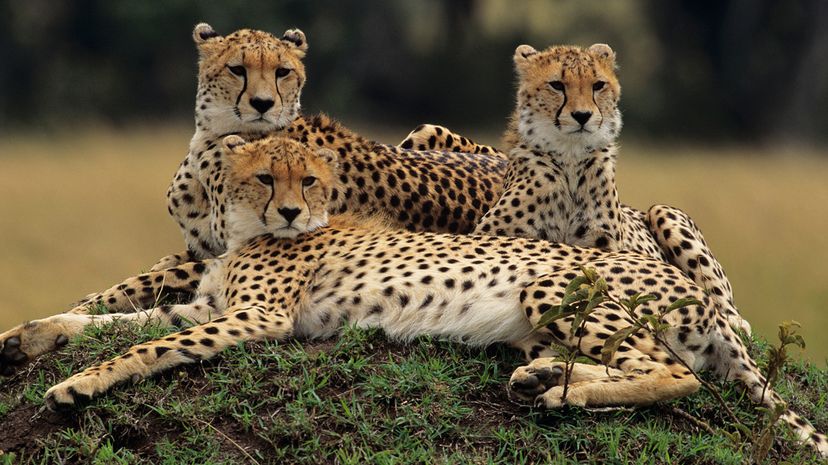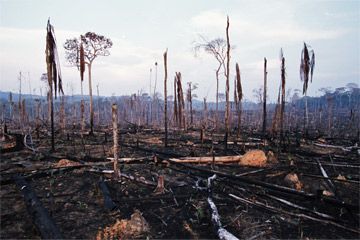To understand the intrinsic value of biodiversity, we have to think like biologists. Unlike nonscientists, biologists don't think of biodiversity strictly in terms of the number of species found on Earth.
In fact, the variety of living things found across the planet — also known as species diversity or species richness — is just one part of biodiversity. Genetic diversity, which refers to genetic variation within and between populations, has a big role, too.
For example, think about bald eagles in North America. Most bald eagles live in Alaska and British Columbia. Another large population lives in the Gulf States, from Texas and Baja California across to South Carolina and Florida.
The number of genes — discrete units of hereditary information consisting of unique DNA code — found within all North American bald eagles represents their total genetic diversity.
Ecosystem Diversity and Its Importance
Our eagle example also demonstrates another aspect of diversity. The Pacific Northwest represents a unique ecosystem. The Gulf Coast of Florida is another unique ecosystem with different characteristics. Having a rich variety of natural habitats or ecosystems, what biologists call ecosystem diversity, constitutes another important level of biodiversity.
Loss of biodiversity at any individual level may not seem like a big deal — at first. After all, scientists have described and named nearly 2 million species of organisms. They think that life on Earth consists of 10 million species or more. What's the big deal about the loss of biological diversity here and there?
Well, according to evolutionary biologist E. O. Wilson, species loss may go against biophilia, or the tendency of humans to focus on life and lifelike processes.
If this is true, then contributing to the destruction of the natural world goes against what it means to be human. It also reinforces the notion that we shouldn't deprive future generations of the same diversity of life we enjoy today.

